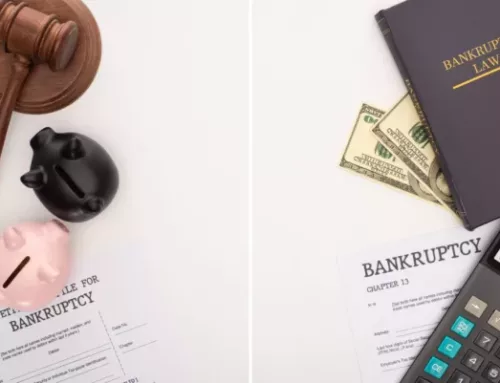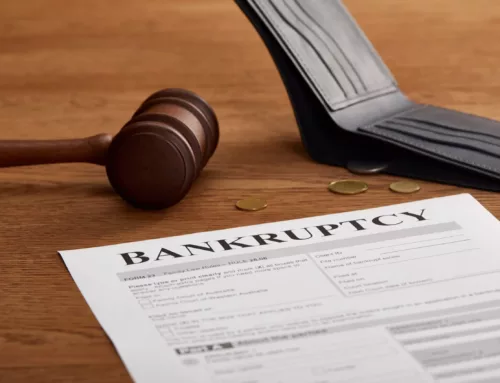Although bankruptcy provides people with some relief in that they are exempt from certain financial obligations, it’s not a simple exemption from all of one’s responsibilities. Homeowners who signed mortgage agreements prior to going into bankruptcy, for instance, may find that their primary lenders write off their mortgages and transfer them to other credit collection agencies. While filing for Chapter 7 bankruptcy successfully exempts such homeowners from lawsuits, they’re still responsible for repaying these mortgages.
The vital issue lies in the fact that lenders place liens against homes and properties when they proffer mortgage loan agreements. In order to regain complete ownership, loanees must take care of existing balances. If they fail to do so, their lenders may take advantage of the liens they own by reclaiming or foreclosing on properties without even having to bring the issue to court.
There are also potential advantages to having one’s mortgage balance transferred to a new creditor. Fair lending laws mean that the new loan holder generally has to wait until the original mortgage term is over to get all the money they’re owed unless the consumer signs a new affirmation agreement. As such, these firms often allow consumers to negotiate for lower payments or settle their outstanding balances.
While mortgages and property loan agreements can be confusing, bankruptcy disbursement may make them even more complex. There are numerous benefits to filing for Chapter 7 bankruptcy, but some consumers are discouraged by confusing terms and their worries about what will happen to their current properties and holdings. As a result, it may benefit them to seek the legal assistance of a Jackson, MS attorney before they file.








Connect with Us